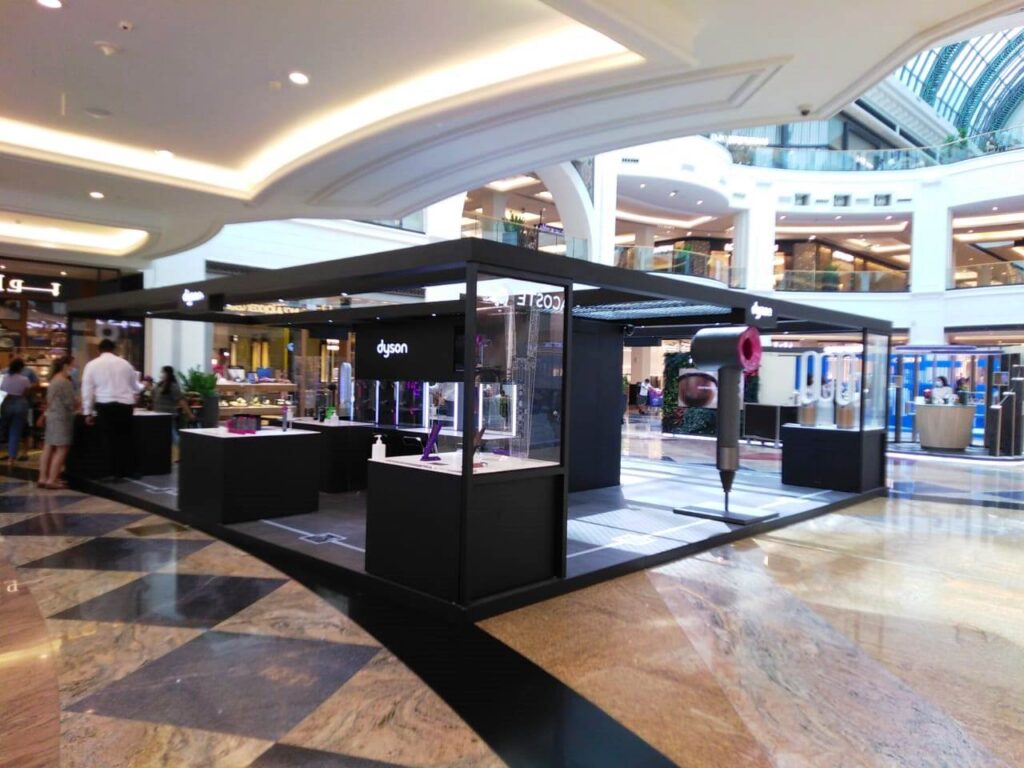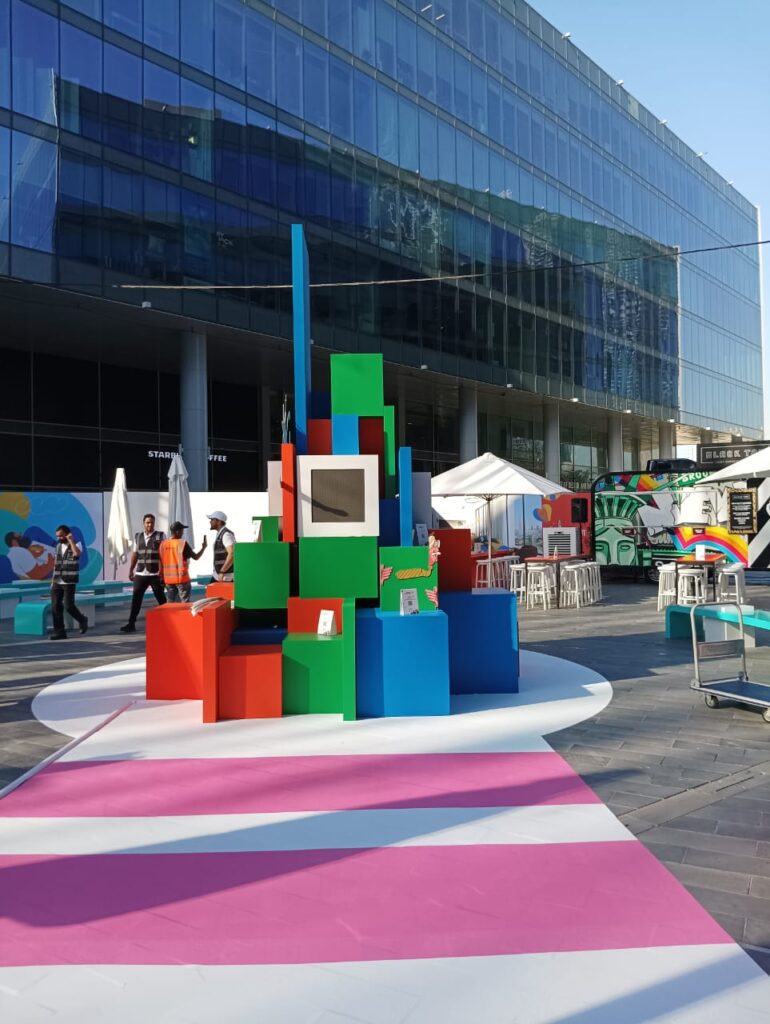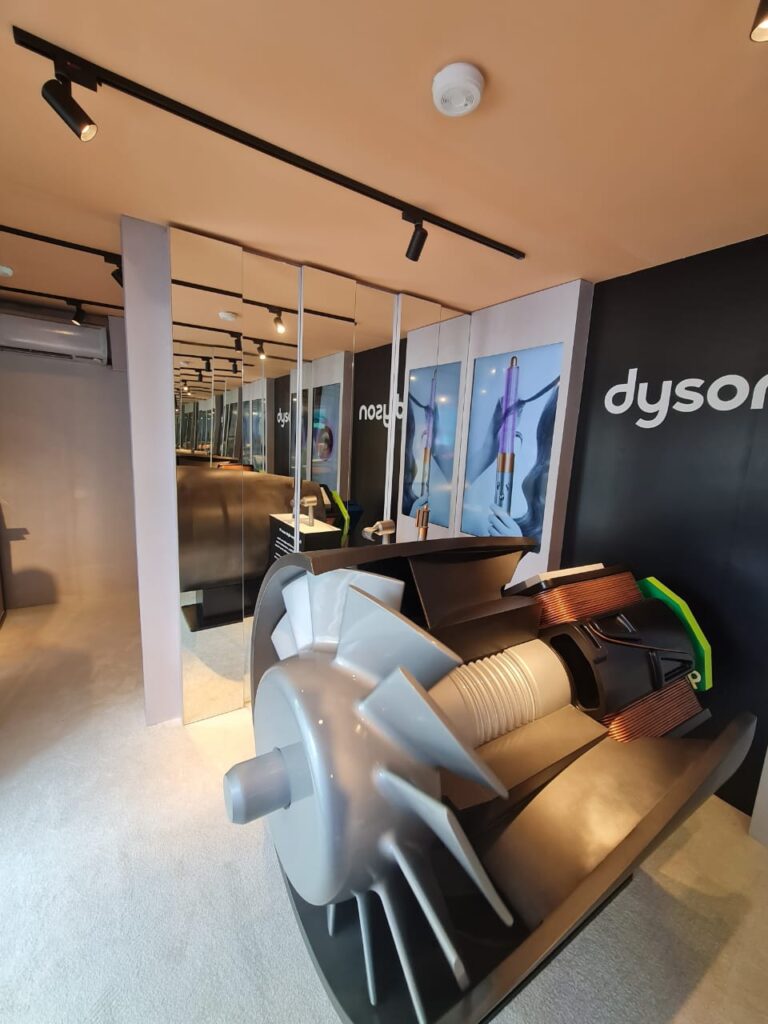Luxury brand activations go beyond standard marketing tactics. They create immersive experiences that captivate and engage consumers on a deeper level. Understanding the psychology behind these activations can unlock the secrets to their success. By tapping into human emotions, desires, and behaviors, luxury brands can forge powerful connections with their audience.
In this blog, we will explore the key psychological principles that drive effective luxury brand activations. We will delve into the power of exclusivity, the role of emotional connections and storytelling, and the impact of sensory marketing. Additionally, we’ll examine how social proof, heritage, personalization, and urgency influence consumer behavior. Each section provides insights and examples to help brands create memorable and impactful activations.
Read on to discover how psychology shapes the world of luxury brand activations and learn strategies to elevate your brand’s presence.

Emotional Connection and Storytelling
Emotions play a pivotal role in luxury brand perception. Consumers often buy luxury goods not just for their quality, but for the feelings they evoke. Storytelling is a powerful tool in this context, allowing brands to craft narratives that resonate on a deep emotional level. Through compelling stories, luxury brands can build strong, lasting connections with their audience.
Role of Emotions: Emotions drive purchasing decisions, especially in the luxury sector. Brands that evoke positive emotions like joy, pride, or nostalgia can create a strong bond with consumers.
Importance of Storytelling: Storytelling transforms a brand from a mere product into an experience. It helps convey the brand’s values, heritage, and uniqueness, making it more relatable and memorable.
Case Study: Louis Vuitton: Louis Vuitton’s “Spirit of Travel” series used captivating travel stories to highlight the brand’s adventurous spirit and luxurious appeal, strengthening its emotional connection with consumers.
Sensory Marketing and Its Impact
Sensory marketing involves engaging the five senses to create a memorable and impactful brand experience. For luxury brands, sensory marketing is crucial as it enhances the overall perception of exclusivity and quality. By appealing to sight, sound, touch, taste, and smell, brands can craft immersive experiences that leave a lasting impression on consumers. This approach is particularly effective in retail store fit outs, where the physical environment plays a significant role in shaping customer experiences.
Importance
Sensory marketing goes beyond traditional marketing methods by engaging multiple senses simultaneously. This multi-sensory engagement helps create stronger emotional connections and improves brand recall. For luxury brands, this means customers are more likely to remember and prefer their products.
Engaging Senses During Activations
Luxury brands use various sensory elements to enhance the shopping experience. For example, they might use ambient lighting, soft background music, and high-quality materials that customers can touch and feel.
Examples of Sensory Elements:
- Sight: Burberry’s flagship stores use advanced visual displays and digital screens to create an immersive visual experience.
- Sound: Bose uses high-fidelity sound systems in their stores to provide an auditory experience that highlights their product quality.
- Touch: Hermès offers tactile experiences by allowing customers to feel the exquisite textures of their products.
- Taste: Louis Vuitton hosts exclusive events where they serve gourmet food and champagne, enhancing the luxury experience through taste.
- Smell: Abercrombie & Fitch uses a signature scent in their stores, creating a distinctive and memorable olfactory experience.
Social Proof and Influence
Social proof, the psychological phenomenon where people mimic the actions of others, significantly impacts consumer behaviour. In luxury branding, social proof plays a crucial role in validating the desirability and exclusivity of products. By showcasing endorsements and testimonials, luxury brands build trust and credibility among potential customers.
Relevance of Social Proof
Social proof reassures consumers that their purchasing decisions are popular and respected by others. This is especially important for high-end products, where buyers seek validation for their significant investments.
Leveraging Influencers and Testimonials
Luxury brands collaborate with influencers and celebrities to endorse their products. These endorsements serve as powerful social proof, as consumers often look up to these figures as trendsetters.
The Role of Heritage and Tradition
Heritage and tradition form the backbone of luxury branding. They provide a sense of timelessness and authenticity that appeals to discerning customers. By emphasizing their rich history, luxury brands can differentiate themselves in a competitive market.
Importance of Heritage and Tradition
Heritage and tradition instil trust and convey a legacy of quality and craftsmanship. They appeal to consumers seeking products with a story and a lasting value.
Highlighting History in Activations
Brands can showcase their history through events, exhibitions, and storytelling. These activations deepen the emotional connection with consumers.
Personalization and VIP Treatment
Personalization greatly impacts consumer perception, especially in the luxury market. When brands tailor experiences to individual preferences, customers feel valued and special. This personalized attention fosters a deeper emotional connection and enhances brand loyalty. VIP treatment elevates this concept by offering exclusive, bespoke services that make customers feel part of an elite group.
Impact of Personalization
Personalization shows customers that the brand understands and caters to their unique preferences, boosting satisfaction and loyalty.
Techniques for Creating Personalized Experiences
Luxury brands use data analytics to understand customer preferences and craft tailored experiences. Personalized recommendations, custom products, and one-on-one consultations are common strategies.
A luxury brand activation agency often arranges exclusive events and experiences for high-profile clients, enhancing the brand’s prestige through personalized attention.
Creating a Sense of Urgency
Creating a sense of urgency is crucial in driving consumer action. When customers feel a time constraint, they are more likely to make quick purchasing decisions. For luxury brands, urgency can amplify the allure and exclusivity of their offerings. This tactic not only boosts immediate sales but also enhances overall brand perception.
Importance of Urgency
Urgency motivates consumers to act swiftly, reducing hesitation and increasing conversion rates. It also heightens the perceived value of the product or experience.
Strategies for Creating Urgency
Brands can use limited-time offers, countdown timers, and exclusive, short-term events. Announcing limited quantities or exclusive access to new collections can also spark urgency.
Ending Note
Understanding the psychology behind luxury brand activations is essential for crafting impactful marketing strategies. From leveraging exclusivity and storytelling to incorporating sensory elements and social proof, each aspect plays a vital role in shaping consumer perceptions and driving engagement. By implementing personalized experiences advanced retail store fit out solutions. creating a sense of urgency, and honouring heritage, luxury brands can forge deeper connections with their audience. These psychological principles not only elevate brand presence but also foster long-term loyalty in the competitive landscape of luxury retail. When it comes to the most preferred brand activation agency in Dubai, Roots Advertising is a leading name offering luxury brand activations, becoming a go-to destination for successful campaigns.


